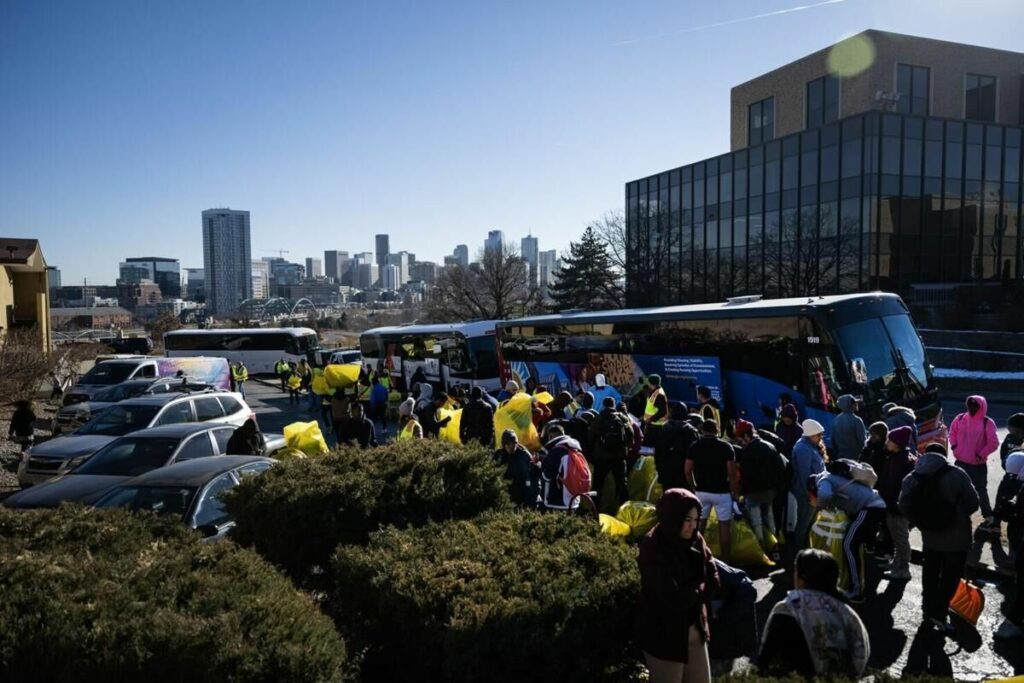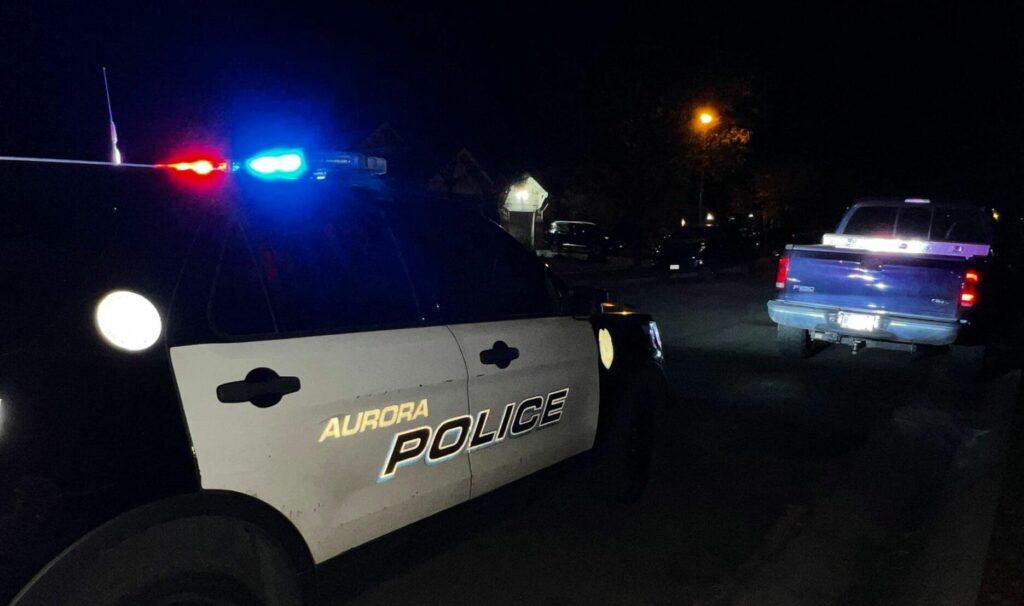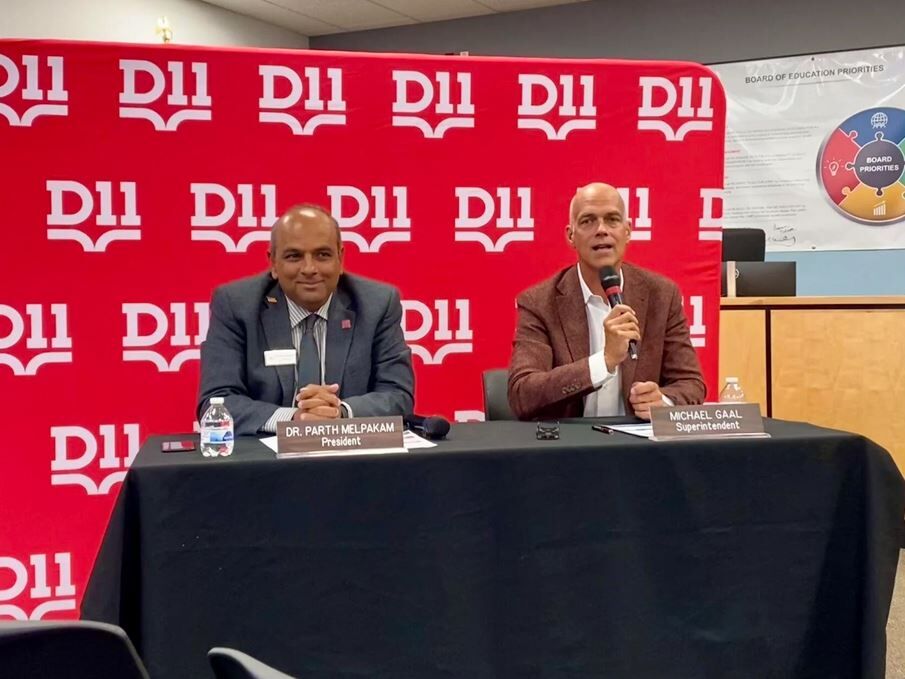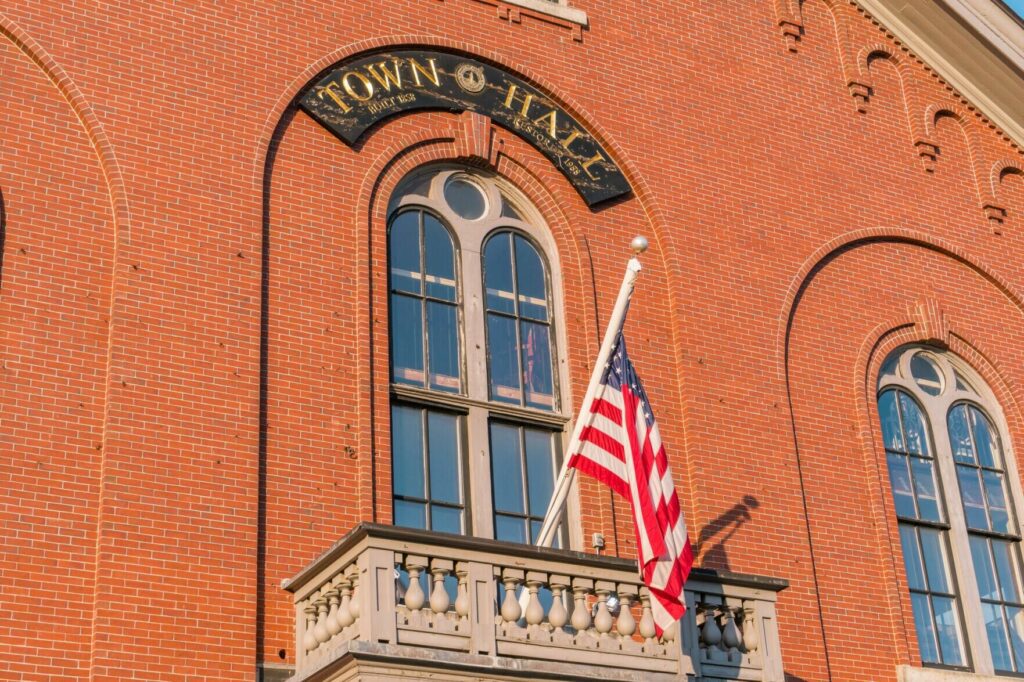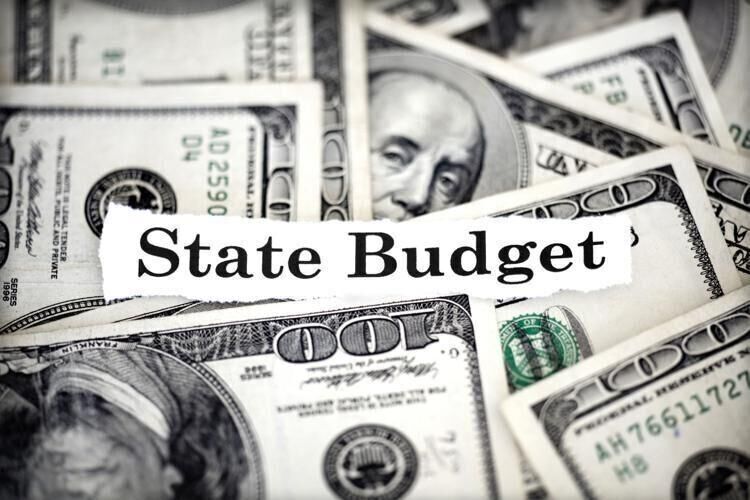Aurora Sentinel: Case for college loan relief same as hurricane aid, PPP loans
The universal benefit of making all education, including higher education, available to everyone is an easy argument to make: Educating anyone benefits everyone.
The case is more difficult for easing the financial burden on those penalized for borrowing for college because they weren’t born into better circumstances.
President Joe Biden and proponents of the proposed student loan forgiveness program, however, have made a winning argument to excuse $10,000 in student loan debt – $20,0000 for Pell Grant recipients – for about 43 million Americans being suffocated by federal student loan debt.
Biden’s long-awaited proposal is far from being a complete or ideal solution to what is a critical national problem affecting generations of college students, and especially those from poorer families and families of color.
The plan, as announced, will provide debt relief and a more manageable repayment plan for tens of millions of students and their families already struggling with the economic effects of the pandemic, sluggish wage growth, and now, disabling housing costs on top of historic inflation.
Expectedly, critics of the measure clamor that the plan is unfair to those who didn’t have to borrow to go to college, to those who’ve financially been able to pay off their student loans, or to those who never attended college.
The loan forgiveness program is no more unfair to those people than are massive federal programs that provide billions to homeowners and residents in places like Florida, Texas and other coastal states regularly pummeled by hurricanes or other recurring calamities. That’s hurricane aid paid for by taxpayers in unaffected states, simply because the need for assistance exists.
The college loan forgiveness program is no more unfair to American taxpayers than was the nearly $1 trillion doled out during the Paycheck Protection Program to more than 11 million corporate recipients. More than 700 borrowers received the maximum $10 million in loans, according to federal oversight agency data.
A whopping 10.4 million of those PPP borrowers had some or all of the loan amount forgiven, including the corporation that owns Sentinel Colorado.
Those loans and their forgiveness addressed a looming economic crisis affecting tens of millions of Americans, just like the Biden college loan forgiveness program does.
The PPP pandemic loan program was created to provide relief only to businesses that would, provably, have otherwise failed or had to layoff their workforce because of the economic problems created by the pandemic.
There is no overlooking the fact that billions in personal wealth among business owners and stockholders, all relatively wealthy in comparison to many of the workers they employed, had their fortunes saved or even inflated because of the taxpayer dollars they received.
Some argued at the time it was not the place for the government to step in with cash just because business owners did not have the reserves or resources to weather the financial storm created by the pandemic.
Some of the most vocal critics of the college loan forgiveness program are themselves beneficiaries of the PPP program or have allies who were.
It’s easy to argue that the PPP program staved off an economic calamity, and it’s just as easy to argue that the college loan forgiveness program works to prevent a looming nationwide financial crisis as well.
Whether this is enough of a solution warrants debate in Congress now.
Colorado Democratic Sen. Michael Bennet, who recently said he support’s Biden’s program, is among those asking how this addresses the underlying problem of an American college system.
It’s a system now priced for only wealthy Americans and the lucky few of the less-than-wealthy Americans able to snag astonishingly large grants or scholarships.
“In my view, the administration should have further targeted the relief, and proposed a way to pay for this plan,” Bennet told the Associated Press. “While immediate relief to families is important, one-time debt cancellation does not solve the underlying problem.”
Clearly, loan forgiveness is an important election issue at the state and federal level.
In Colorado, state lawmakers and the governor have a great deal of control over state colleges and universities. College-cost reform needs to start there.
Federally, it’s unclear whether Biden can even pull off this massive spending maneuver without Congress. The projected cost of the forgiveness program could reach between $300 billion to $600 billion, according to White House and the Committee for a Responsible Federal Budget, a nonprofit agency that advocates for lower budget deficits.
Bennet is running for re-election this November against Denver Republican concrete businessman Joe O’Dea, a vocal critic of the school loan forgiveness proposal.
“President Biden isn’t canceling student loan debt,” O’Dea said last week in a tweet. “He’s transferring the debt onto the backs of working Americans.”
The recipients of this badly needed debt relief are also working Americans, just like O’Dea and the residents he wants to represent.
Some may even be able to be thankful for their jobs with O’Dea’s business firms because of PPP loans his companies applied for and accepted.
O’Dea owns Denver concrete construction company CEI. Federal PPP transparency documents, made available by a ProPublica tracking portal, show the company received $2,854,500 in PPP funding April 2020 in hopes of preserving 240 jobs.
The Colorado Sun reported in February that an O’Dea campaign spokesperson said the loan was repaid.
“O’Dea, whose assets are worth between $17.5 million and $77.4 million, reported receiving $663,000 in salary from Concrete Express,” the Sun reported.
Another business O’Dea has financial interest in, Mile High Station and Ironworks Events Center, “received more than $319,000 in PPP loans over two years” the Sun reported. “Those loans were forgiven, and helped keep at least 22 employees on the payroll when large events were prohibited,” campaign officials told the Sun.
That was good news for those 22 employees. It was good news for the rest of the metro area that weathered an economic crisis across the nation that arguably would have been much worse without the PPP program and the government’s ability to forgive businesses their loans.
The need for Biden’s college loan forgiveness program is just as clear.
Congress needs to ensure the program is executed to aid as many as possible and move quickly to reform college costs to prevent the need for another such program.
Aurora Sentinel Editorial Board



